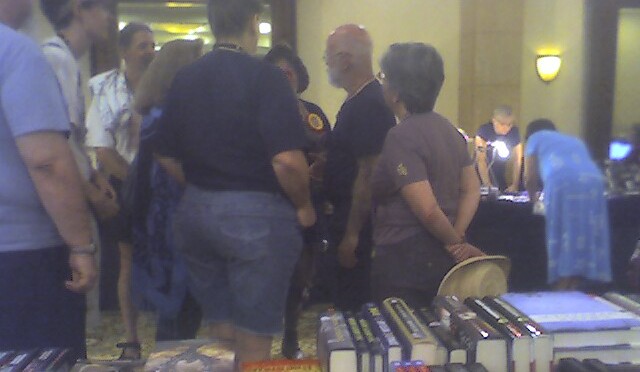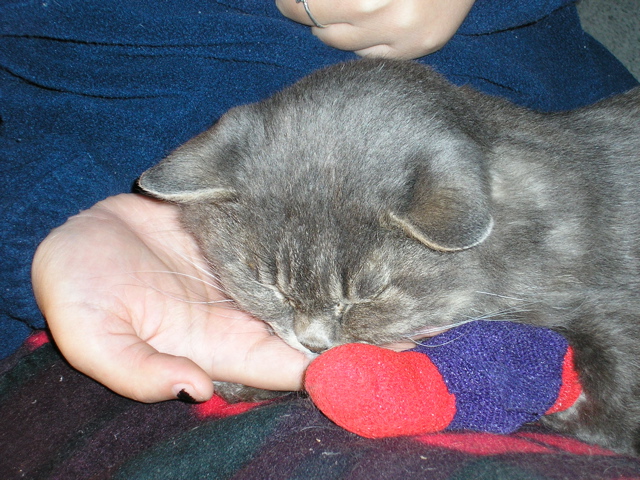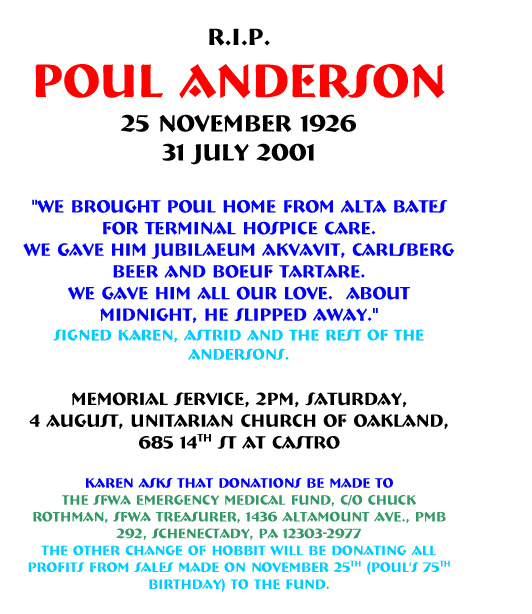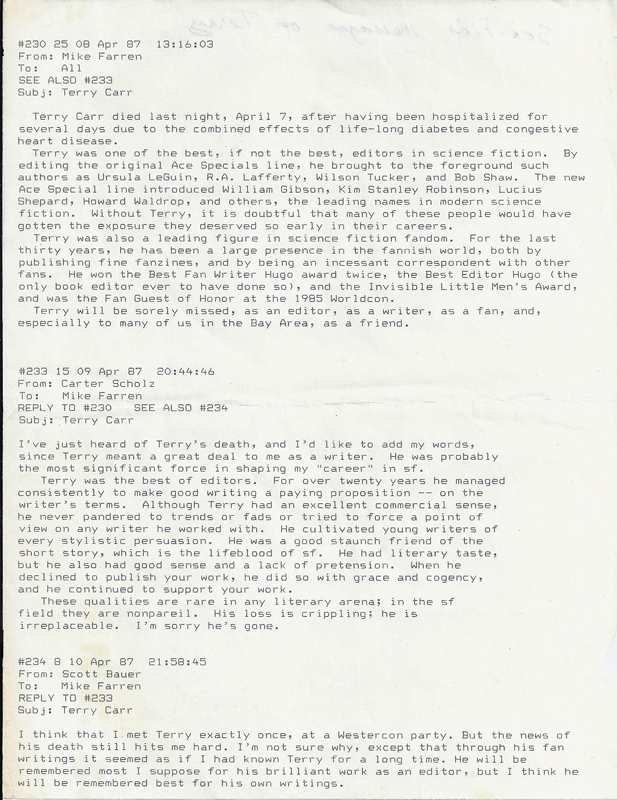Unsung Science Fiction Master Thomas Disch Dies at 68
“This is my journal. I can be candid here. Candidly, I could not be more miserable.” So writes Louis Sacchetti, a military prisoner, in Thomas M. Disch’s classic 1968 novel Camp Concentration. The book’s raw emotional power caused Philip K. Dick to send a paranoid letter to the FBI. Dick suggested that the book contained coded information “to be read by the right people here and there.” On July 4th, Disch sent the ultimate message. He committed suicide in the rent-controlled Union Square West apartment whose loss he had fought, facing the difficulties of trying to live as an artist in Manhattan and suffering from ongoing depression.
Aside from his speculative fiction credentials (he appeared three times on David Pringle’s authoritative list), Disch was perhaps best known to the public for his children’s book, The Brave Little Toaster, and for his evocative descriptions of Manhattan in the 1986 text-based computer game, Amnesia. But he really wanted to be known as a poet, as he told us in an interview just ten days ago: “I write poetry because I think it is the hardest thing I can do very well. And so I simply enjoy the doing of it, as an equestrian enjoys spending time on a good horse. Poetry is my good horse.” Disch, however, had stopped submitting his poems to literary journals, opting to self-publish them on his LiveJournal, where he knew he had an audience.
In his final book, The Word of God, Disch declared himself a deity and used this running commentary as a device to publish many of his poems and stories. If he could not have literary respectability, then perhaps godhood was the next best thing. -Ed Champion
New York Magazine, 7 July 2008
Like this:
Like Loading...




